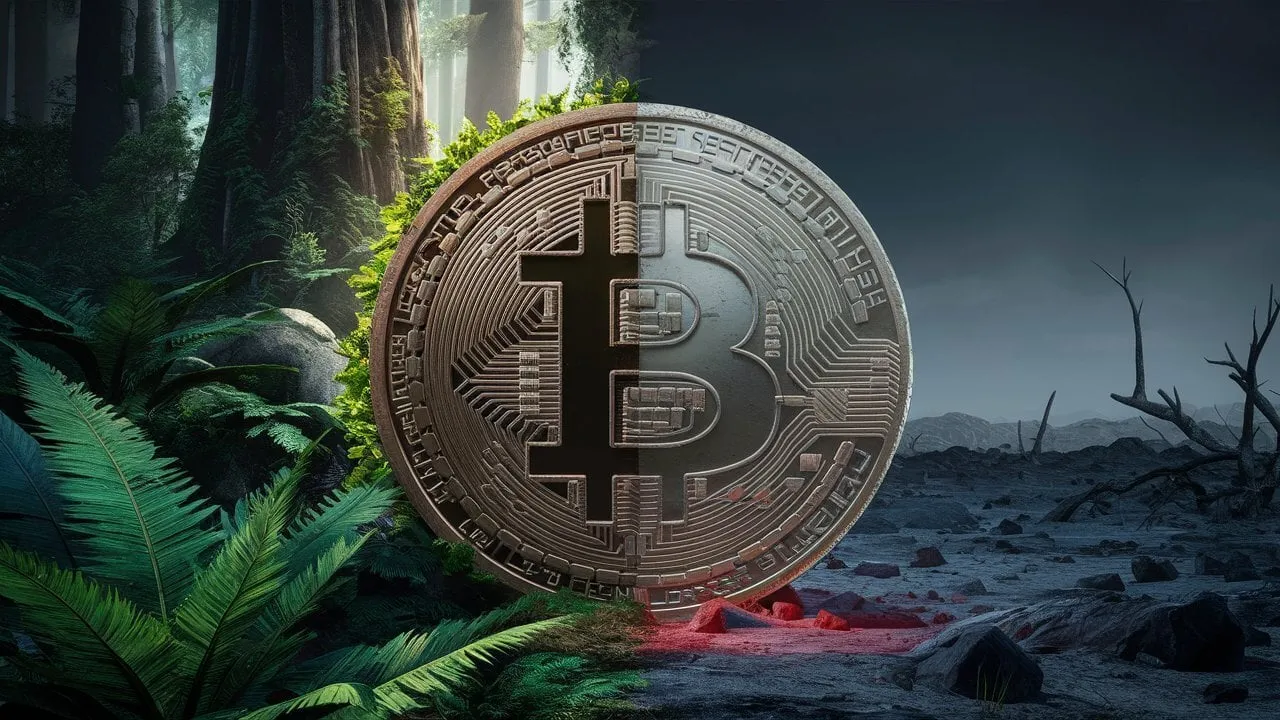With the latest Much has been prognosticated about how the shift will The answer, it turns out, is complicated. By reducing BTC mining rewards by 50%, Bitcoin’s latest halving will As BTC mining rewards drop lower and lower, independent miners are poised to “Miners will be forced to become more efficient in order to remain profitable,” Kyle Schneps, VP of public policy at crypto mining and staking firm Foundry, told Large firms are far better poised than independent miners to make the leap to both energy efficient machines and hard-to-reach renewable energy sources. The halving will push such firms even further into dominance—and thus make BTC mining overwhelmingly the product of highly efficient, and often renewable sources of energy. Isaac Holyoak, chief communications officer at Bitcoin’s hash rate is a measurement of the amount of computing power being used on the network at a given time; the figure increases the more miners are competing to seize precious BTC rewards. A 15% drop in that rate would constitute a significant decrease in energy usage, says Holyoak. “What’s important about that, is that this [disappearing] 15% percent is disproportionately a greater consumer of energy than the remaining 85%,” he told Thus, at least in the short term, the halving may spell good news for those concerned about the sustainability of Bitcoin mining’s environmental impact. But other industry experts say that improvement may be short-lived. “The upcoming halving event will transform the Bitcoin mining process, notorious for its inherent inefficiency, into a more energy-efficient operation than ever before,” Nishant Sharma, the founder of Bitcoin mining research firm Over time, Sharma said—as Bitcoin becomes So, the halving may very well spell good news for Bitcoin’s immediate environmental prospects. But that’s a very different thing from saying the event will bring about the end—or even the beginning of the end—of Edited by Andrew Hayward

